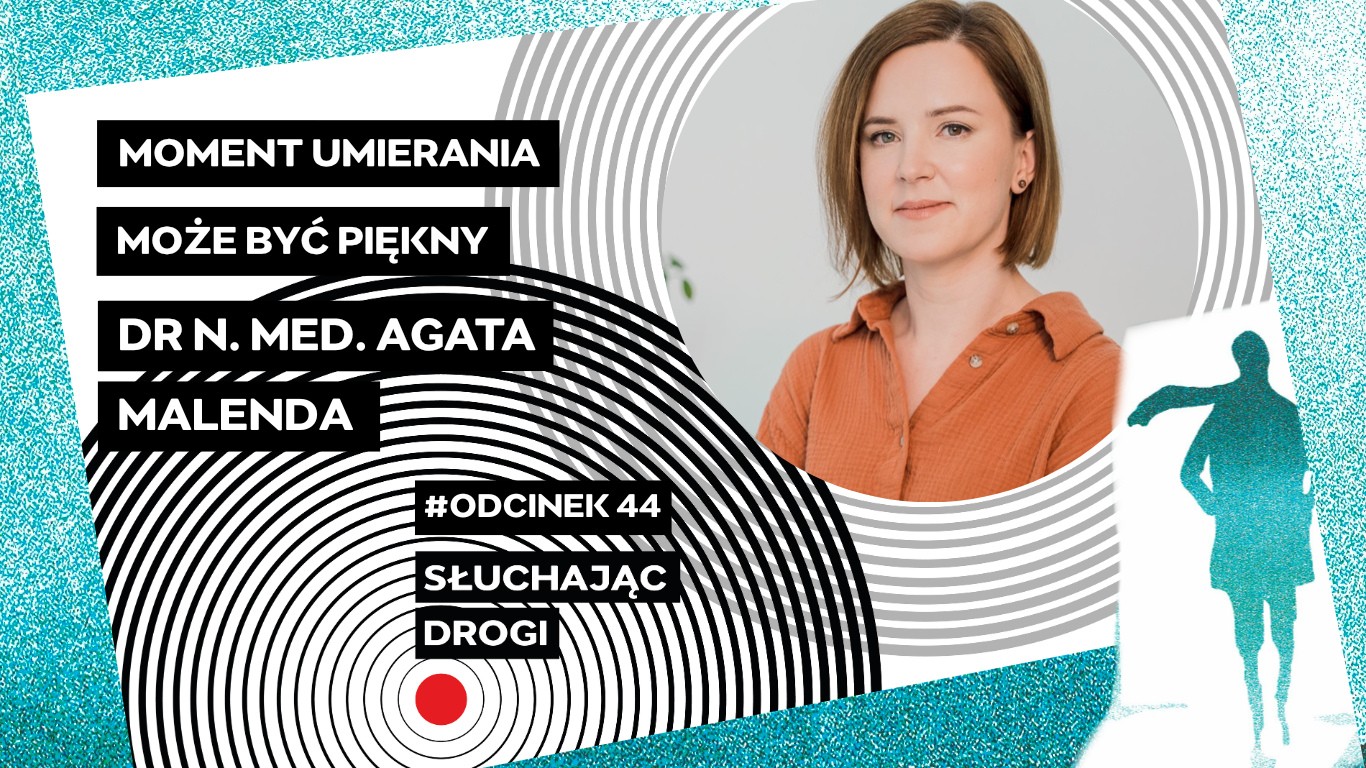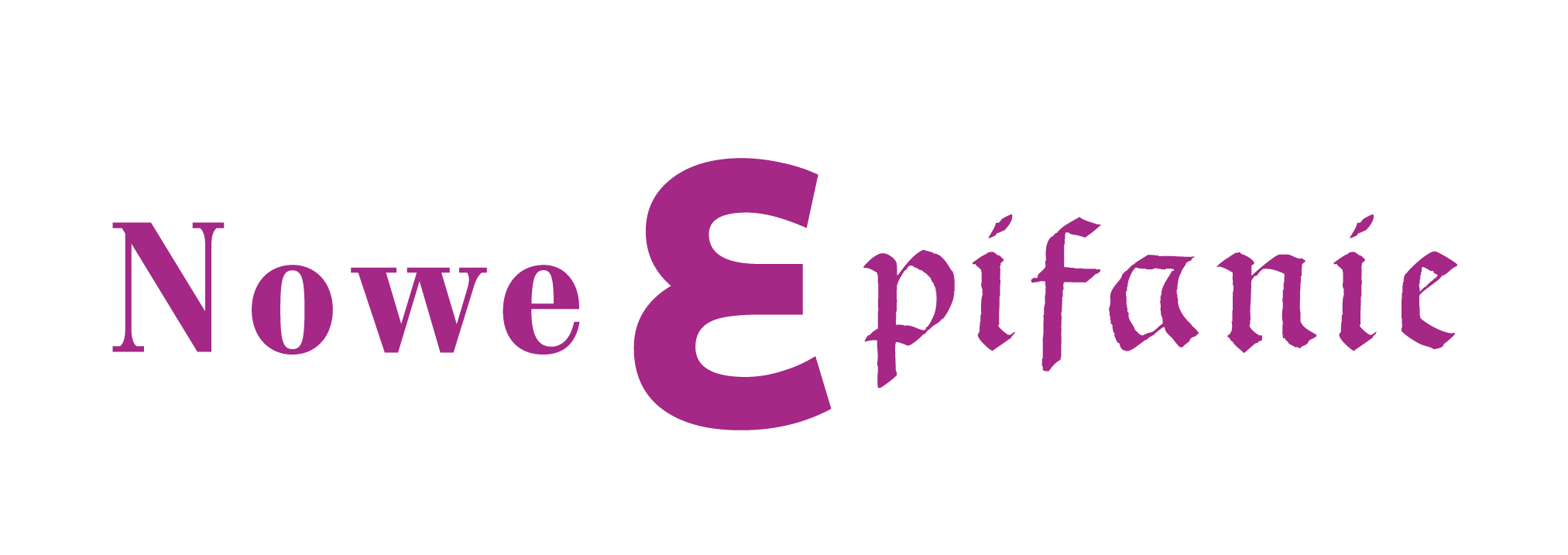Seminar 1. Martin Luteran: Splendor of Truth. Natural Law Ethics
There is a two-thousand-years old tradition of thinking about how to live a good life based on the idea of natural law. Plato, Aristotle, Augustine, Aquinas as well as many contemporary thinkers have developed this tradition by reflecting upon the most fundamental issues of practical philosophy. What is the end of human life? How do we correctly describe a human action? How does one become virtuous? What is friendship? When is it moral to kill a human being? Some of these issues will be explored and debated in interactive seminars.
Bibliography: John Paul II, Veritatis splendor; Plato, Gorgias; Aristotle, Nicomachean Ethics; John Finnis, Natural Law, Natural Rights; George; Girgis; Anderson. What is Marriage? Harvard Journal of Law and Public Policy
Seminar 2. Michał Łuczewski: Religion and Reconciliation
Democratic transitions in Central Eastern Europe were “final revolutions”, “revolutions of Spirit”. Most recent of them, the one that started on Euromaidan, “had a Christian face; not a face of an anonymous Christian, but a face of Christ” (Fr Vasyl Rudenko). But can revolution – this utterly modern invention – be Christian? And more generally: Can democracy and politics be Christian? Is not the message of Christ thoroughly anti-political? Christianity revealed that what makes man truly human is not participation in city of man but in city of God, that is Church. All what was heretofore holy was profaned. Christianity desacralized the earthly order, and demonstrated in its very centre the presence of demonic “powers and principalities”. The foundations of city of man were laid bare.
Bibliography: John Paul II, Reconciliatio et Paenitentia, Evangelium vitae, Dominum et Vivificantem, Sollicitudo rei Socialis, Centesimmus Annus, Ut unum sint; Benedict XVI, Spe salvi; Augustine, City of God; Carl Schmitt, Political theology; Józef Tischner, The Spirit of Solidarity.
Seminar 3. Paulina Bednarz-Łuczewska: Work-life Balance
“Man has to subdue the earth and dominate it, because as the „image of God” he is a person, that is to say, a subjective being capable of acting in a planned and rational way, capable of deciding about himself, and with a tendency to self-realization. As a person, man is therefore the subject of work. As a person he works, he performs various actions belonging to the work process; independently of their objective content, these actions must all serve to realize his humanity, to fulfill the calling to be a person that is his by reason of his very humanity.” (Laborem exercens, 6). During the workshop we will face fundamental philosophical questions concerning human work (part 1) as well as trace morally acceptable ways of organizing human work in todays’ management practices (part 2) and design truly human solutions to some business challenges (part 3).
Bibliography: John Paul II, Laborem Exercens; JC Spender, On Humanizing the Firm; various business cases
Seminar 4. Oleh Kindii: Unity. The Golden Age of Patristic Theology
Christianity is an endless exploration of the mystery of the unity of God and Man. According to the Scriptures and the Fathers of the Church, that mystery can be probed by human reason, contemplation, and aesthetics. Intellectual inquisitiveness, artistic experimentation and openness to something that goes beyond human perception transforms society, culture, economy, and politics in a very concrete way. In the heart of such transformation stands high moral standards and love for education. The distance between the human and divine will be resolved only in Parousia.
Bibliography: Jaroslav Pelikan, The Emergence of the Catholic Tradition 100-600; Martyrdom of Polycarp; Ignatius of Antioch, Letter to Ephesians; Origen, De Principiis; Athanasius of Alexandria, The Life of Antony, De Incarnatione; Gregory of Nazianzus, Oratio 38; Dionysius the Areopagite, De Theologia Mystica.
Seminar 5. Łukasz Kobeszko: Jan Karski, „Shall know the truth, and the truth shall make you free” (Gospel of St. John 8, 32)
Jan Karski (1914–2000), an emissary of the Polish Underground State during WWII was the first man try to inform the free Western world about the crimes of Holocaust. His moral and political stance stemmed from a deep Christian faith, proclaiming the need to fight for the truth not only in the lives of individuals, but also collectively. Karski permanently entered the pantheon of heroic figures during „days of wrath „( as famous French writer Andre Malraux aptly described totalitarian rules): Sophie Scholl, Franz Jägerstätter or Dietrech Boenhoffer, who at the time of the highest order did not hesitate to give a radical witness to the dignity of man given by God.
Classes will be focused on the analysis of Karski`s texts and interviews occurring in religious topics. We want to pay attention to the spiritual bond which united Karski with prominent Polish catholic writer, Zofia Kossak-Szczucka who`s during WWII was the initiator of a number of shares of the Polish Underground State in favor of the Jewish population persecuted by the German Nazis. We will try to compare Karski with other historical figures, which today still inspire us with their independence and uncompromising moral attitude. We consider the interesting problem of whether deep religious faith is conducive to courageous ethical choices.










